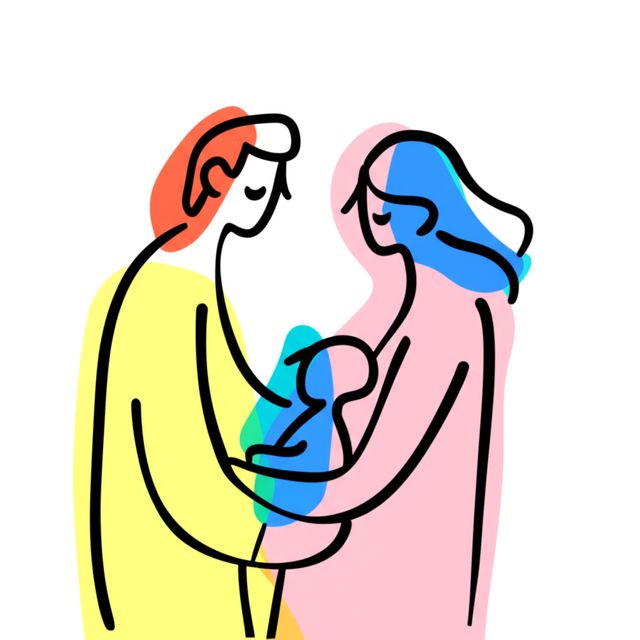Family Dynamics
Family dynamics is the study of the complex interactions between family members. It encompasses a wide range of topics, including family structure, communication patterns, power dynamics, and conflict resolution. Family dynamics can have a profound impact on the well-being of individual family members, as well as on the family as a whole.
Why Study Family Dynamics?
There are many reasons why someone might want to study family dynamics. Some people are simply curious about the topic, while others may be interested in learning more about their own families. Still others may be pursuing a career in a field that requires an understanding of family dynamics, such as social work, counseling, or education.
How to Study Family Dynamics
There are many ways to study family dynamics. One way is to take an online course. Many colleges and universities offer online courses in family dynamics, and these courses can provide a comprehensive overview of the topic. Another way to study family dynamics is to read books and articles on the subject. There are many excellent books and articles available on family dynamics, and they can provide a wealth of information on the topic. Finally, you can also learn about family dynamics by observing the families around you. Pay attention to the way that family members interact with each other, and try to identify the patterns of communication and behavior that exist within the family.
Careers in Family Dynamics
There are many different careers that are related to family dynamics. Some of these careers include:
- Social worker
- Counselor
- Therapist
- Teacher
- Childcare provider
- Family therapist
- Marriage and family therapist
- Researcher
- Policymaker
- Advocate
These careers all require an understanding of family dynamics, and they all offer the opportunity to make a positive impact on the lives of families.
Benefits of Studying Family Dynamics
There are many benefits to studying family dynamics. Some of these benefits include:
- Increased understanding of yourself and your own family
- Improved communication skills
- Enhanced conflict resolution skills
- Greater empathy for others
- Increased ability to build and maintain healthy relationships
- Improved parenting skills
- Increased job satisfaction
- Greater success in school
- Reduced risk of divorce and other family problems
- Increased happiness and well-being
Studying family dynamics can help you to better understand yourself, your family, and the world around you. It can also help you to improve your communication skills, conflict resolution skills, and relationships. If you are interested in learning more about family dynamics, there are many resources available to you. You can take an online course, read books and articles on the subject, or observe the families around you. By studying family dynamics, you can gain a deeper understanding of yourself, your family, and the world around you.
What Can You Do with a Degree in Family Dynamics?
A degree in family dynamics can open doors to a variety of careers in the social services field. Graduates may work as social workers, counselors, therapists, or family therapists. They may also work in research or policymaking roles, or as advocates for families. With their understanding of family dynamics, graduates can help families to improve their communication, resolve conflicts, and build stronger relationships.
How Can Online Courses Help You Learn About Family Dynamics?
Online courses can be a great way to learn about family dynamics. They offer a flexible and affordable way to gain knowledge and skills in this field. Online courses typically include lectures, readings, discussions, and assignments. They may also include interactive simulations and case studies. By taking an online course, you can learn about family dynamics at your own pace and on your own schedule. You can also interact with other students and instructors from around the world.
Are Online Courses Enough to Fully Understand Family Dynamics?
While online courses can be a great way to learn about family dynamics, they are not enough to fully understand this complex topic. To fully understand family dynamics, you need to combine online learning with other learning experiences, such as reading books and articles, observing families, and participating in discussions. By combining these different learning experiences, you can gain a more comprehensive understanding of family dynamics.


